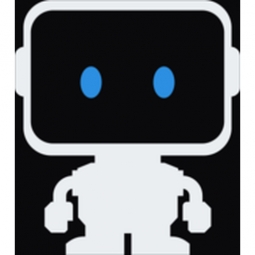DataRobot
Case Studies
OYAK Cement Boosts Alternative Fuel Usage from 4% to 30% — for Savings of Around $39M
Overview
 |
OYAK Cement Boosts Alternative Fuel Usage from 4% to 30% — for Savings of Around $39MDataRobot |
Analytics & Modeling - Predictive Analytics Analytics & Modeling - Machine Learning | |
Discrete Manufacturing Quality Assurance | |
Predictive Maintenance Process Control & Optimization | |
Data Science Services | |
Operational Impact
| OYAK increased alternative fuel usage by seven times, cutting nearly 2% of total CO2 emissions, saving 9 million trees and reducing costs by approximately $39 million. | |
| OYAK has applied DataRobot to optimize grinding processes, use materials more efficiently, predict maintenance needs, and better sustain material quality. Related savings are estimated at $1.6 million. | |
| OYAK can predict sales more accurately, helping plants more effectively prepare for demand. | |
Quantitative Benefit
| Reduced CO2 emissions by nearly 200,000 tons per year. | |
| Saved approximately $39 million by increasing alternative fuel usage. | |
| Estimated savings of $1.6 million from optimizing processes and using materials more efficiently. | |


